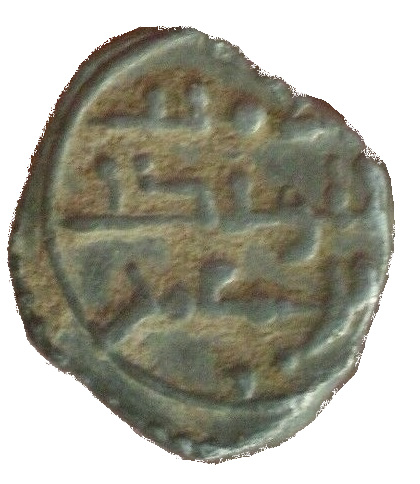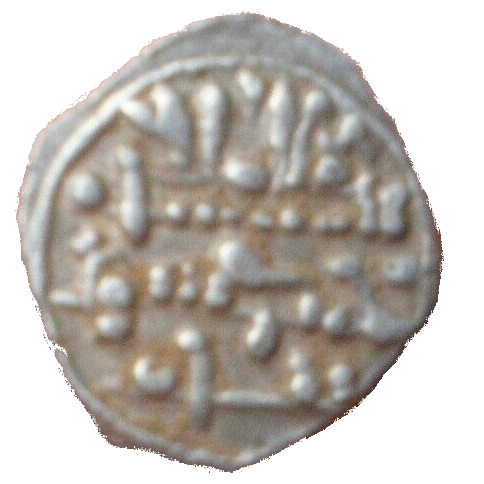

Almoravid dynasty Qirat - Abu Bakr ibn 'Umar
Description:
Qirat Qirat - Abu Bakr ibn 'Umar coin from Almoravid dynasty. Design, history & value.
Introduction
The Almoravid dynasty Qirat coin featuring Abu Bakr ibn 'Umar is a remarkable piece of history that reflects the rich heritage of the Islamic world. Minted between 1056 and 1087, this silver coin holds immense historical and numismatic value, making it a sought-after collectible for enthusiasts worldwide.
Historical Background
The Almoravid dynasty, known for its vast empire in North Africa and Spain, issued the Qirat coin during the reign of Abu Bakr ibn 'Umar. This period marked a time of flourishing trade and cultural exchange, with the coin serving as a symbol of the dynasty's power and economic prosperity.
Coin Images
 Obverse
Obverse
 Reverse
Reverse
Design Features
The obverse of the Qirat coin showcases a striking calligraphic inscription in Arabic script, featuring the name of the ruler Abu Bakr ibn 'Umar. The reverse typically displays intricate geometric patterns or religious symbols, reflecting the artistic prowess of the Almoravid dynasty's mints.
Technical Specifications
- Denomination: Qirat
- Country/Issuer: Almoravid dynasty
- Issuing Authority: Almoravid dynasty
- Composition: Silver
- Weight: 0.70g
- Diameter: 11.00mm
Collectible Value
Due to its historical significance and limited mintage, the Almoravid Qirat coin holds substantial collectible value in the numismatic community. Collectors eagerly seek out this coin for its rarity and connection to a significant period in Islamic history. Market prices for well-preserved specimens can vary based on demand and condition, with rarer versions commanding higher premiums.
Conclusion
In conclusion, the Almoravid dynasty Qirat coin featuring Abu Bakr ibn 'Umar stands as a testament to the cultural and economic achievements of its time. With its exquisite design and historical importance, this silver coin continues to captivate collectors and historians alike, preserving a fascinating chapter in the numismatic world. Acquiring a piece of this ancient coinage not only adds value to a collection but also allows one to own a tangible piece of Islamic history.

ScanMyCoin: AI Coin Recognition
Professional AI coin recognition and collection management platform. Identify, learn, and track your coin collection with advanced AI technology and a vast.